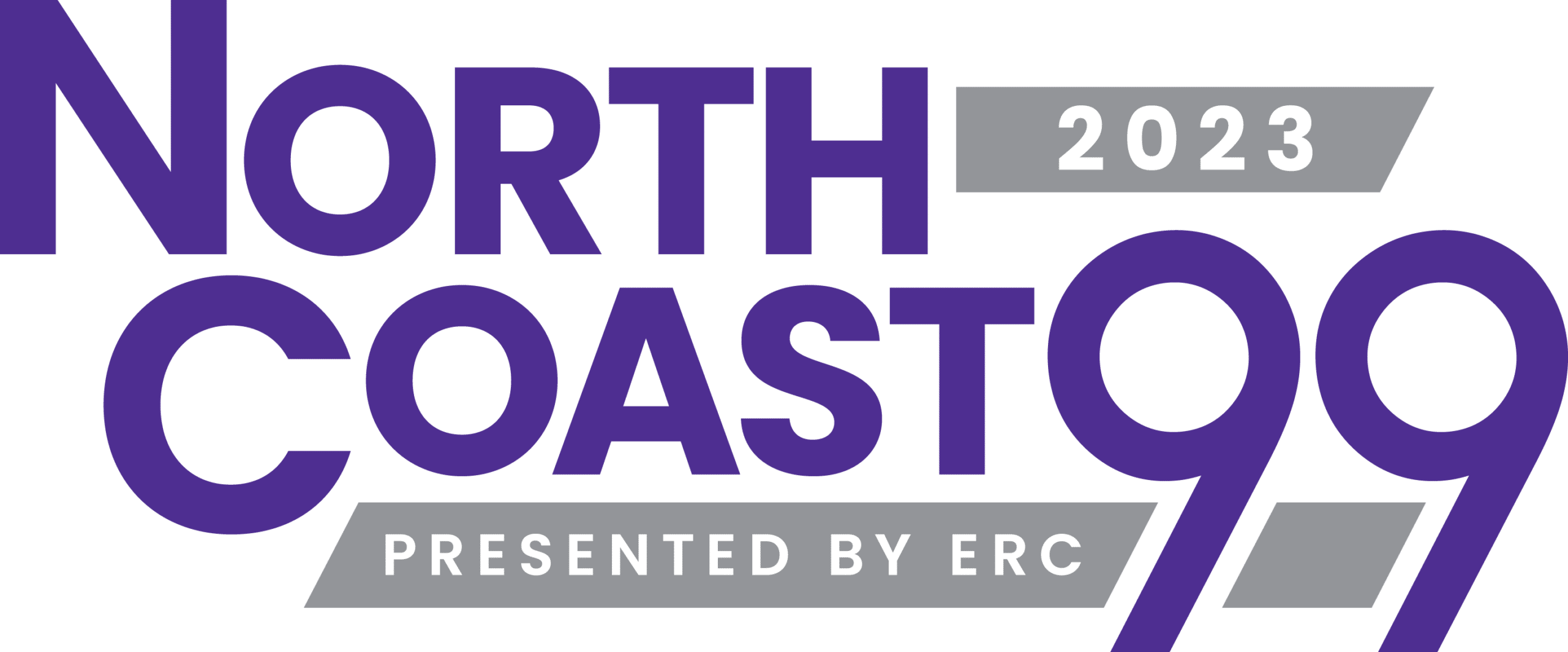As the end of the year approaches, there’s still time to make moves that may reduce your federal tax liability. Read on for some strategies to reduce your 2022 tax bill.
Time your income and expenses
When it comes to year-end tax reduction strategies, the granddaddy of them all — for businesses that use cash-basis accounting — is probably the practice of accelerating deductions into the current tax year and deferring income into the next year. You can accelerate deductions by, for example, paying bills or employee bonuses due in 2023 before year-end and stocking up on supplies. Meanwhile, you can defer income by holding off on invoicing until late December or early January.
You should consider this strategy only if you don’t expect to see significantly higher profits next year. If you think you will, flip the approach, accelerating income and pushing deductions into the future when they’ll be more valuable. Also, bear in mind that reducing your income could reduce your qualified business income (QBI) deduction, depending on your business entity.
Maximize your QBI deduction
Pass-through entities (that is, sole proprietors, partnerships, limited liability companies, and S corporations) can deduct up to 20% of their QBI, subject to certain limitations based on W-2 wages paid, the unadjusted basis of qualified property, and taxable income. The deduction, created by the Tax Cuts and Jobs Act (TCJA), is set to expire after 2025, absent congressional action, so make the most of it while you can.
You could increase your deduction by increasing wages (for example, by converting independent contractors to employees or raising pay for existing employees) or purchasing capital assets. (Of course, these moves usually have other consequences, such as higher payroll taxes, that you should weigh before proceeding.) You can avoid the income limit by timing your income and deductions, as discussed above.
If the W-2 wage limitation doesn’t limit the QBI deduction, S corporation owners can increase their QBI deductions by reducing the wages the business pays them. (This won’t work for sole proprietorships or partnerships, which don’t pay their owners salaries.) Conversely, if the wage limitation does limit the deduction, S corporation owners might be able to take a greater deduction by boosting their wages.
Accelerate depreciation — while you can
The TCJA also increased the Section 168(k) first-year bonus depreciation to 100% of the purchase price, through 2022. Beginning next year, the allowable deduction will drop by 20% each year until it evaporates altogether in 2027 (again, absent congressional action). Combining bonus depreciation with the Section 179 deduction can produce substantial tax savings for 2022.
Under Sec. 179, you can deduct 100% of the purchase price of new and used eligible assets in the year you place them in service — even if they’re only in service for a day or two. Eligible assets include machinery, office and computer equipment, software, and certain business vehicles. The deduction also is available for improvements to nonresidential property.
The maximum Sec. 179 deduction for 2022 is $1.08 million and it begins phasing out on a dollar-for-dollar basis when your qualifying property purchases exceed $2.7 million. The maximum deduction also is limited to the amount of your income from the business, although unused amounts can be carried forward indefinitely.
Alternatively, you can claim excess amounts as bonus depreciation, which is subject to no limits or phaseouts in 2022. Bonus depreciation is available for computer systems, software, vehicles, machinery, equipment, office furniture, and qualified improvement property (generally, interior improvements to nonresidential property).
For all their immediate appeal, bonus depreciation and Sec. 179 expensing aren’t always advisable. You may, for example, want to skip accelerated depreciation if you claim the QBI deduction. The deduction is limited by your taxable income, and depreciation reduces such income.
It might be wise to have some depreciation available to offset your income in 2023 through 2025 so you can claim the QBI deduction while it’s still around. You might think twice, too, if you have expiring net operating losses, charitable contributions, or credit carryforwards that are affected by taxable income.
The good news is that you don’t have to decide now. As long as you place qualified property in service by December 31, 2022, you have the option of choosing the most advantageous approach when you file your tax return in 2023.
Get real about your debts
Business owners are sometimes slow to accept that they’re going to go unpaid for services rendered or goods delivered. If you use accrual-basis accounting, though, facing the facts can land you a bad debt deduction.
The IRS allows businesses to deduct “worthless” debts, in full or in part, that they’ve previously included in their income. To show that a debt is worthless, you need to show that you’ve taken reasonable steps to collect but without success. You aren’t required to go to court if you can show that a judgment from a court would be uncollectible.
You still have time to take reasonable steps to collect outstanding debts. It’s important to keep detailed records of these efforts. If you determine you can’t collect, you may be able to deduct some or all of those debts for 2022.
Start or replace your retirement plan
If you’ve put off establishing a retirement plan, or simply outgrown the plan you started years ago, you have time to possibly trim your taxes this year — and likely improve your employee recruitment and retention at the same time — by starting a new plan. Eligible employers can claim a tax credit of up to $5,000, for the first three years, for the costs of starting a SEP IRA, SIMPLE IRA, or a qualified plan such as a 401(k) plan.
The credit is 50% of your costs to set up and administer the plan and educate your employees about it. You can claim up to the greater of $500 or the lesser of:
- $250 multiplied by the number of non-highly compensated employees who are eligible to participate in the plan, or
- $5,000.
You can begin to claim the credit in the tax year before the year the plan becomes effective. And, if you add an auto-enrollment feature, you can claim a tax credit of $500 per year for a three-year period beginning in the first taxable year the feature is included.
Leverage your startup expenses
If you launched a new business this year, you might qualify for a limited deduction for certain costs. The IRS allows you to deduct up to $5,000 of startup costs and $5,000 of organizational costs (such as the costs of creating a partnership). The deduction is reduced by the amount by which your total startup or organizational costs exceed $50,000. You must amortize any remaining costs.
An eligible cost is one that you could deduct if it were paid or incurred to operate an existing business in the same field. Eligible costs also must be paid or incurred before the active business begins. Examples include business analysis costs, advertisements for the business’s opening, travel and other costs related to lining up prospective distributors, suppliers, or customers, and certain salaries, wages, and fees.
Turn to us for tax planning advice
Many of the strategies detailed here involve tradeoffs that require thoughtful evaluation and analysis. We can help you make the right choices to minimize your company’s tax bill.
© 2022
Related Insights
Featured Post

Featured Client Testimonials
BW is a true partner to us. Their knowledge, expertise, and service are a valuable resource to us and play an important role in our success!
John Allen - Vice President of Finance, Kaufman Container

Featured Client Testimonials
I appreciate the exceptional tax advice we received over the years. The (BW team) has a good grasp of our business needs. Thank you for your excellent service.
John Griffiths - Owner, Rae Ann, Inc.

Featured Client Testimonials
The BW team has been fantastic to work with; both the team member at our office as well as at the partner level. Any issues or concerns are handled very efficiently and effectively.
Kelley Needham - Chief Executive Officer, Epilepsy Association

Featured Client Testimonials
Barnes Wendling has been our company accountants for over seven years. Their knowledge has been instrumental in helping us grow strategically during this time. And although we’ve seen many changes in our economy that we cannot control, we’ve always been able to trust the Barnes team to be by our side. The Barnes team feels like family. We can’t thank them enough for their support!
Christine Kloss - Controller, AT&F

Featured Client Testimonials
Barnes Wendling has been our company accountants for over 15 years. During this time, the business has grown exceptionally, and Barnes has kept pace, providing accurate, quality advice. Our finances are more efficient than ever, and the expense of hiring Barnes has been a definite positive add to our bottom line. I give my highest recommendation to their firm.
David Miller, MD - President, Retina Associates of Cleveland

Featured Client Testimonials
Barnes Wendling has provided us guidance and recommendations that have strategically helped strengthen our business and position ourselves for growth. We needed to hire a new VP of Finance and Controller this past year, and they were instrumental in helping us find the best candidates for our company.
Sara Blankenship - President, Kaufman Container

Featured Client Testimonials
We value the trust, accuracy of information, and reliability of Barnes Wendling and Mike Essenmacher personally. Mike has been instrumental as a trusted advisor on accounting, tax, and personnel issues. His advice is always accurate, and he is very reliable. His associates are also very talented.
Dominic Ozanne - President and CEO, Ozanne Construction Company

Featured Client Testimonials
We value Barnes Wendling’s expertise with all things accounting so we can operate our business using our strengths and allowing them to be our experts. They have also brought me a few business sale opportunities to allow me to grow my assets.
John Gaydosh - President and Metallurgical Engineer, Ohio Metallurgical Service

Featured Client Testimonials
Barnes Wendling (especially Lena) did a great job with our financials. Everything. It is extremely refreshing and comforting to know that all of our numbers are not only correct, but they are in the right place(s). Your diligence and reporting truly does make me (personally) feel better.
Thomas Adomaitis - Controller, Bialosky Cleveland

Featured Client Testimonials
I can wholeheartedly tell you that I have yet to work with an audit or tax team that have been more helpful, easy to work with, and committed than the team at Barnes Wendling- I have been through three different firms in the last few years.
Michelle Saylor, Former Controller, Aero Mag

Featured Client Testimonials
Floyd Trouten at Barnes Wendling CPAs is an “expert’s expert” when it comes to M & A accounting. Not only does he understand the evolving details of the Tax Code but he also sees the fine points of their application for owners, managers, investors, and financiers.
Mark A. Filippell, Western Reserve Partners

Featured Client Testimonials
The service is amazing at Barnes Wendling CPAs. The benefit is worth more than the cost. Sometimes it’s true that you get what you pay for.
Mark Boucher - Former Owner, Castle Heating & Air









